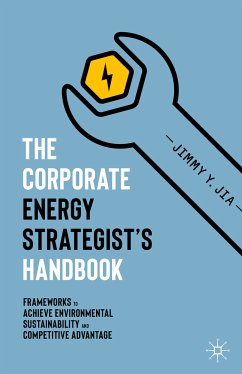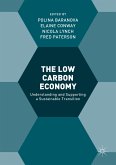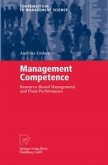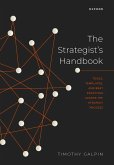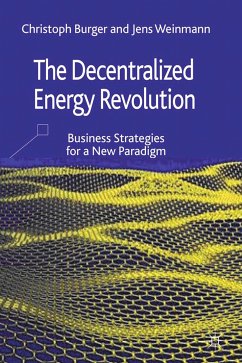In an era in which scientists say we are approaching a point of no return in terms of climate change, companies are looking for ways to improve productivity of innovations that reduce environmental footprints. Among the questions they are looking to answer are: How can financial tools be leveraged for positive energy outcomes? How can the energy strategy be integrated into board responsibility? This book provides answers to these questions and more, presenting a selection of decision-making frameworks for strategy and sustainability management. Comprehensive in scope, its 120 frameworks-some well-known while others are original-provide a thorough, practical guide to inform the sustainability strategy of your organization. In addition to learning how to green your organizational strategy, you will also learn how to communicate your strategy to your teams. An essential source for executives desiring to be more responsible in energy performance and to decarbonize theiroperations, this book will prove useful in your day-to-day organizational work.
Dieser Download kann aus rechtlichen Gründen nur mit Rechnungsadresse in A, B, BG, CY, CZ, D, DK, EW, E, FIN, F, GR, HR, H, IRL, I, LT, L, LR, M, NL, PL, P, R, S, SLO, SK ausgeliefert werden.

